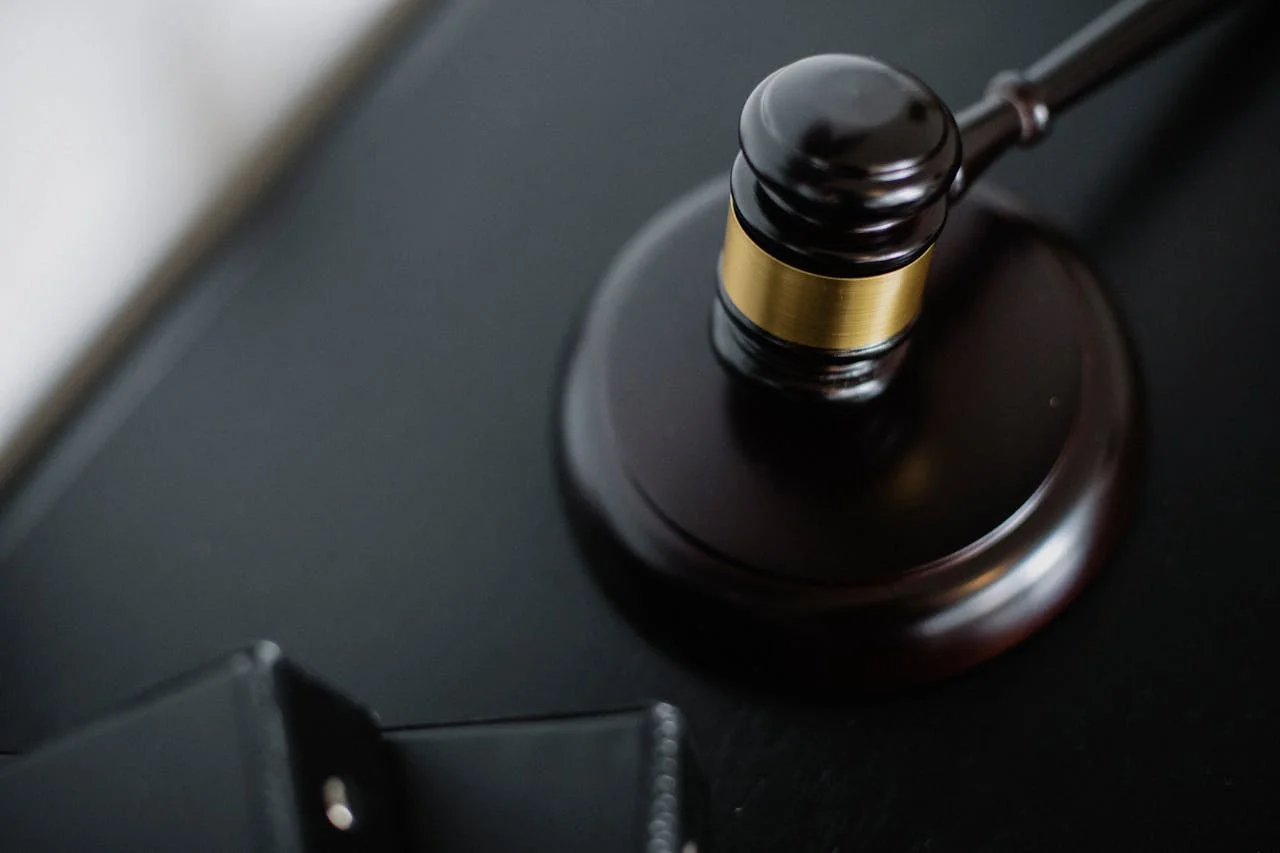Court Rejects Boeing Plea Deal in 737 Max Crash Case, Citing Monitor Selection Concerns
A federal judge has rejected Boeing’s plea agreement over a criminal fraud charge related to the two deadly crashes involving its 737 Max aircraft. The decision highlights concerns over the Justice Department’s approach to selecting an independent monitor as part of the deal, particularly regarding its diversity, equity, and inclusion (DEI) policies.
Judge’s Concerns Over Monitor Selection
U.S. District Judge Reed O’Connor, presiding in the Northern District of Texas, ruled against the plea deal, stating that the process of choosing a government-appointed monitor might be influenced by race-based considerations stemming from DEI policies. He emphasized the importance of ensuring public trust in the fairness of the selection process.
“The Court is not convinced… that the Government will not choose a monitor without race-based considerations and thus will not act in a nondiscriminatory manner,” O’Connor wrote. “In a case of this magnitude, it is in the utmost interest of justice that the public is confident this monitor selection is done solely based on competency.”
The ruling comes after O’Connor previously ordered Boeing and the Justice Department to disclose details about how DEI policies might affect the monitor’s selection. Both parties now have 30 days to determine their next steps, as outlined in a court document filed Thursday.
Background of the Plea Agreement
The plea deal stems from Boeing’s admission to conspiring to defraud the U.S. government by misleading regulators about a flight-control system implicated in the two crashes: a Lion Air flight in October 2018 and an Ethiopian Airlines flight in March 2019. The incidents collectively claimed 346 lives.
In July, Boeing agreed to plead guilty and face a fine of up to $487.2 million. However, the Justice Department had proposed crediting the company for $243.6 million already paid under a prior agreement. This leniency was part of a deferred prosecution agreement (DPA) reached in 2021, which allowed Boeing to avoid trial.
The new plea deal followed allegations by the Justice Department in May that Boeing had violated the terms of the earlier agreement. This came after a January 5 incident in which a 737 Max 9 experienced a midair failure when a door panel blew out during an Alaska Airlines flight.
O’Connor criticized the lack of clarity regarding Boeing’s breach of the DPA, writing that “it is not clear what all Boeing has done to breach the Deferred Prosecution Agreement.”
Victims’ Families Push for Accountability
The rejection of the plea deal was welcomed by family members of the crash victims, who have long criticized the Justice Department’s handling of the case. They previously referred to the 2021 DPA as a “sweetheart deal” that failed to hold Boeing accountable.
Erin Applebaum, an attorney representing one of the victims’ families, praised the decision. “We anticipate a significant renegotiation of the plea deal that incorporates terms truly commensurate with the gravity of Boeing’s crimes,” Applebaum said. “It’s time for the DOJ to end its lenient treatment of Boeing and demand real accountability.”
Victims’ families have also called for greater involvement in the selection process for the independent monitor, arguing that their voices are essential to ensuring justice.
Boeing’s Response and Path Forward
Boeing has not yet commented on the court’s decision. The Justice Department, currently reviewing the ruling, will need to decide whether to pursue renegotiations or propose alternative terms.
For Boeing, the rejection of the plea deal adds another layer of complexity as it seeks to recover from reputational damage and operational setbacks tied to the 737 Max. The company has faced increased scrutiny not only for the crashes but also for subsequent incidents, including the January door panel failure.
Industry and Public Implications
This decision underscores the ongoing tension between corporate accountability and government oversight. Boeing’s ability to avoid a public trial under previous agreements had already drawn criticism, and the rejection of this plea deal further emphasizes the demand for transparency and fairness in addressing corporate misconduct.
Judge O’Connor’s ruling also brings attention to the role of DEI policies in high-stakes legal proceedings, a topic that could influence future cases involving government oversight.
As the case progresses, Boeing’s actions, the Justice Department’s decisions, and the involvement of victims’ families will continue to shape the broader narrative of accountability within the aviation industry.
With 30 days to chart a path forward, the stakes remain high for both Boeing and the Justice Department, as the search for a resolution that satisfies all parties continues.






